 Welcome
Welcome
“May all be happy, may all be healed, may all be at peace and may no one ever suffer."
Hyperthyroidism (Overactive Thyroid)
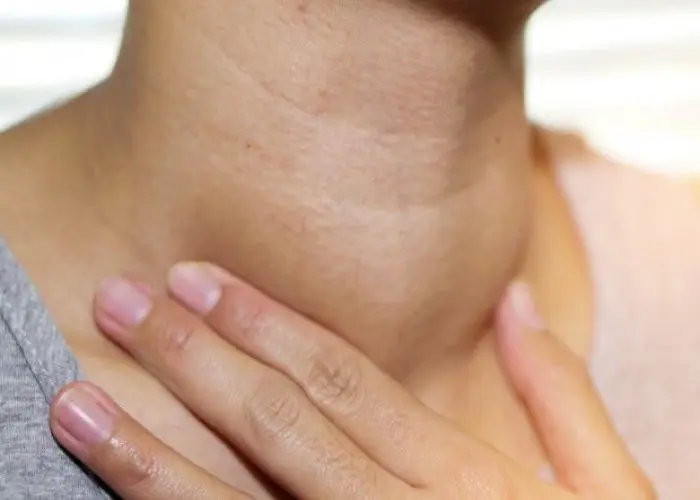
Hyperthyroidism (overactive thyroid) occurs when your thyroid gland produces too much of the hormone thyroxine. Hyperthyroidism can accelerate your body's metabolism, causing unintentional weight loss and a rapid or irregular heartbeat.
Several treatments are available for hyperthyroidism. Doctors use anti-thyroid medications and radioactive iodine to slow the production of thyroid hormones. Sometimes, hyperthyroidism treatment involves surgery to remove all or part of your thyroid gland.
Although hyperthyroidism can be serious if you ignore it, most people respond well once hyperthyroidism is diagnosed and treated.
Research Papers
Disease Signs and Symptoms
- Weight loss
- Changes in bowel patterns, especially more frequent bowel movements
- Fine brittle hair
- Muscle weakness
- Fatigue (Tiredness)
- Frequent bowel movements
- Heavy sweating (diaphoresis)
- Anxiety
- Irritability
- Nervousness or being easily startled
- Increased appetite
- Irregular heartbeats (arrhythmia)
- Rapid heartbeat (tachycardia)
- An enlarged thyroid gland (goiter), which may appear as a swelling at the base of the neck
Disease Causes
Hyperthyroidism (overactive thyroid)
Hyperthyroidism can be caused by a number of conditions, including Graves' disease, Plummer's disease and thyroiditis.
Your thyroid is a small, butterfly-shaped gland at the base of your neck, just below your Adam's apple. The thyroid gland has an enormous impact on your health. Every aspect of your metabolism is regulated by thyroid hormones.
Your thyroid gland produces two main hormones, thyroxine (T4) and triiodothyronine (T3), that influence every cell in your body. They maintain the rate at which your body uses fats and carbohydrates, help control your body temperature, influence your heart rate, and help regulate the production of protein. Your thyroid also produces a hormone that helps regulate the amount of calcium in your blood (calcitonin).
Reasons for too much thyroxine (T4)
Normally, your thyroid releases the right amount of hormones, but sometimes it produces too much T4. This may occur for a number of reasons, including:
- Graves' disease. Graves' disease is an autoimmune disorder in which antibodies produced by your immune system stimulate your thyroid to produce too much T4. It's the most common cause of hyperthyroidism.
- Hyperfunctioning thyroid nodules (toxic adenoma, toxic multinodular goiter or Plummer's disease). This form of hyperthyroidism occurs when one or more adenomas of your thyroid produce too much T4. An adenoma is a part of the gland that has walled itself off from the rest of the gland, forming noncancerous (benign) lumps that may cause an enlargement of the thyroid.
- Thyroiditis. Sometimes your thyroid gland can become inflamed after pregnancy, due to an autoimmune condition or for unknown reasons. The inflammation can cause excess thyroid hormone stored in the gland to leak into your bloodstream. Some types of thyroiditis may cause pain, while others are painless.
Disease Prevents
Disease Treatments
Several treatments for hyperthyroidism exist. The best approach for you depends on your age, physical condition, the underlying cause of the hyperthyroidism, personal preference and the severity of your disorder. Possible treatments include:
- Radioactive iodine. Taken by mouth, radioactive iodine is absorbed by your thyroid gland, where it causes the gland to shrink. Symptoms usually subside within several months. Excess radioactive iodine disappears from the body in weeks to months.
- This treatment may cause thyroid activity to slow enough to be considered underactive (hypothyroidism), and you may eventually need to take medication every day to replace thyroxine.
- Anti-thyroid medications. These medications gradually reduce symptoms of hyperthyroidism by preventing your thyroid gland from producing excess amounts of hormones. They include methimazole (Tapazole) and propylithiouracil. Symptoms usually begin to improve within several weeks to months, but treatment with anti-thyroid medications typically continues at least a year and often longer.
- For some people, this clears up the problem permanently, but other people may experience a relapse. Both drugs can cause serious liver damage, sometimes leading to death. Because propylthiouracil has caused far more cases of liver damage, it generally should be used only when you can't tolerate methimazole.
- A small number of people who are allergic to these drugs may develop skin rashes, hives, fever or joint pain. They also can make you more susceptible to infection.
- Beta blockers. Although these drugs are usually used to treat high blood pressure and don't affect thyroid levels, they can ease symptoms of hyperthyroidism, such as a tremor, rapid heart rate and palpitations. For that reason, your doctor may prescribe them to help you feel better until your thyroid levels are closer to normal. These medications generally aren't recommended for people who have asthma, and side effects may include fatigue and sexual dysfunction.
- Surgery (thyroidectomy). If you're pregnant or you otherwise can't tolerate anti-thyroid drugs and don't want to or can't have radioactive iodine therapy, you may be a candidate for thyroid surgery, although this is an option in only a few cases.
- In a thyroidectomy, your doctor removes most of your thyroid gland. Risks of this surgery include damage to your vocal cords and parathyroid glands — four tiny glands situated on the back of your thyroid gland that help control the level of calcium in your blood.
- In addition, you'll need lifelong treatment with levothyroxine (Levoxyl, Synthroid, others) to supply your body with normal amounts of thyroid hormone. If your parathyroid glands also are removed, you'll need medication to keep your blood-calcium levels normal.
Graves' ophthalmopathy
If Graves' disease affects your eyes (Graves' ophthalmopathy), you can manage mild signs and symptoms by using artificial tears and lubricating gels and by avoiding wind and bright lights. If your symptoms are more severe, your doctor may recommend treatment with corticosteroids, such as prednisone, to reduce swelling behind your eyeballs.
Two drugs — rituximab (Rituxan) and teprotumumab — are being used to treat Graves' ophthalmopathy, even though there isn't a lot of definitive evidence yet to prove that they're effective. Teprotumumab received fast-track approval from the Food and Drug Administration based on one small study. More study of both drugs as a treatment for Graves' ophthalmopathy is needed.
In some cases, a surgical procedure may be an option:
- Orbital decompression surgery. In this surgery, your doctor removes the bone between your eye socket and your sinuses — the air spaces next to the eye socket. When the procedure is successful, it improves vision and provides room for your eyes to return to their normal position. But there is a risk of complications, including double vision that persists or appears after surgery.
- Eye muscle surgery. Sometimes scar tissue from Graves' ophthalmopathy can cause one or more eye muscles to be too short. This pulls your eyes out of alignment, leading to double vision. Eye muscle surgery may help correct double vision by cutting the affected muscle from the eyeball and reattaching it farther back.
Disease Diagnoses
Disease Allopathic Generics
-
Carbimazole
Anti-thyroid drugs.
In mild disease, 30mg in divided doses 3 times daily for 4-6 weeks. For severe patients 40-60mg in divided doses 3 times daily. If this disease is prevented, 10 mg daily should be taken for a long time to control the disease.
-
Clobazam
Medicines containing clobazam for anxiety, restlessness, restlessness and sleep.
1 pill 2/3 times a day.
-
Diazepam
1 pill 2/3 times a day.
-
Propranolol Hydrochloride
If the pulse is fast, propranolol is added.
1 pill 3 times a day.
-
Vitamin B complex
2 capsules 1 time a day.
-
Calcium Carbonate
1 pill 2 times a day for 12 days.
Disease Ayurvedic Generics
Disease Homeopathic Generics
Disease yoga
Hyperthyroidism (Overactive Thyroid) and Learn More about Diseases
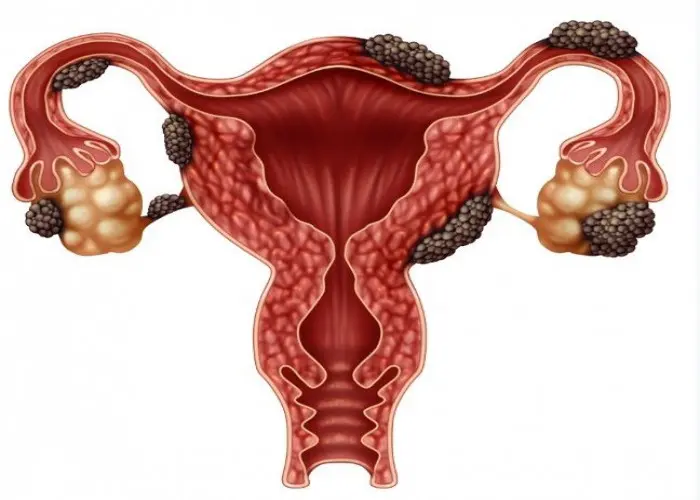
Endometriosis
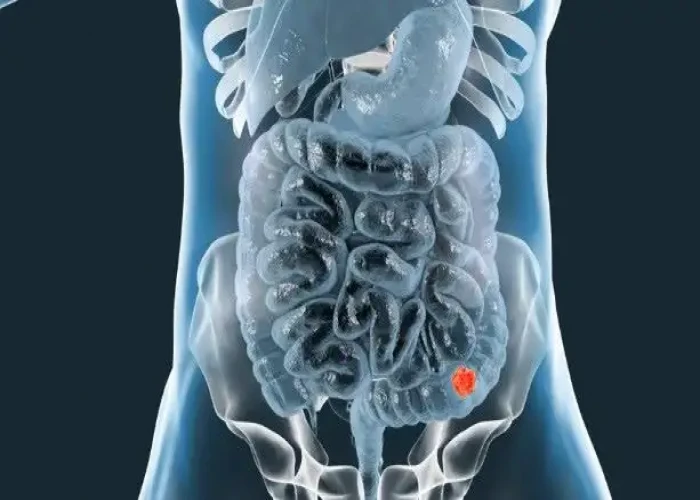
Small bowel cancer

Gallbladder cancer
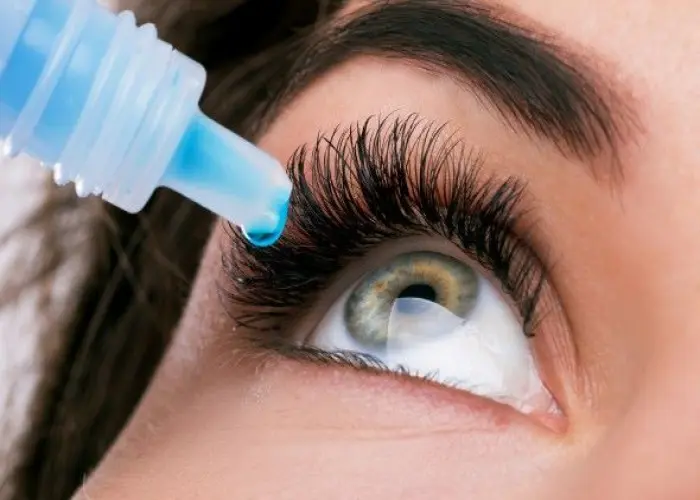
Dry eyes
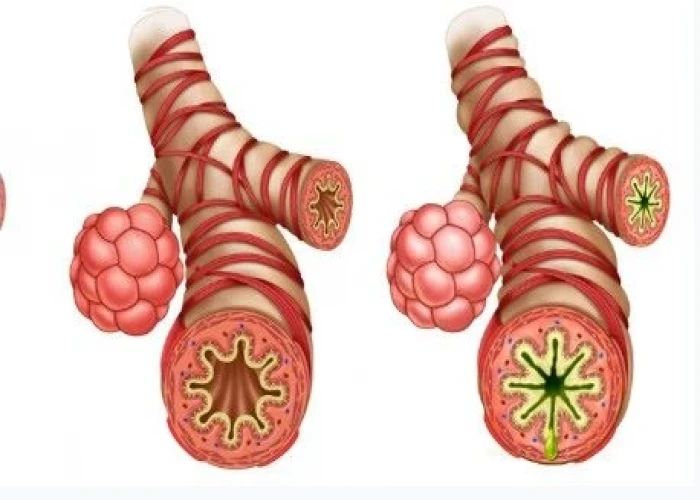
Occupational asthma
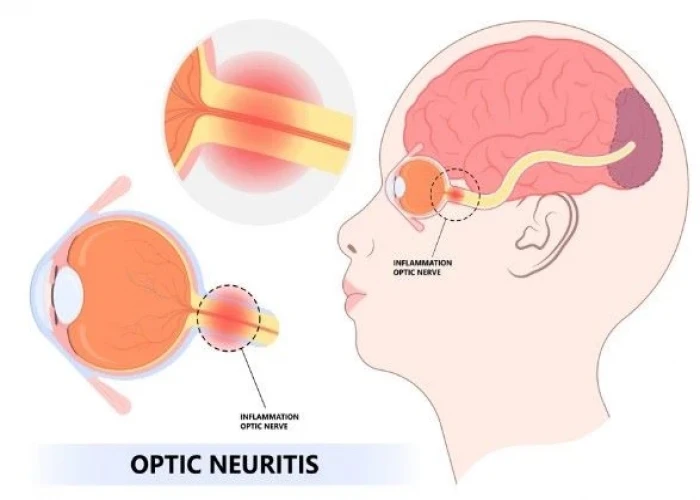
Optic neuritis

Cleft lip and cleft palate
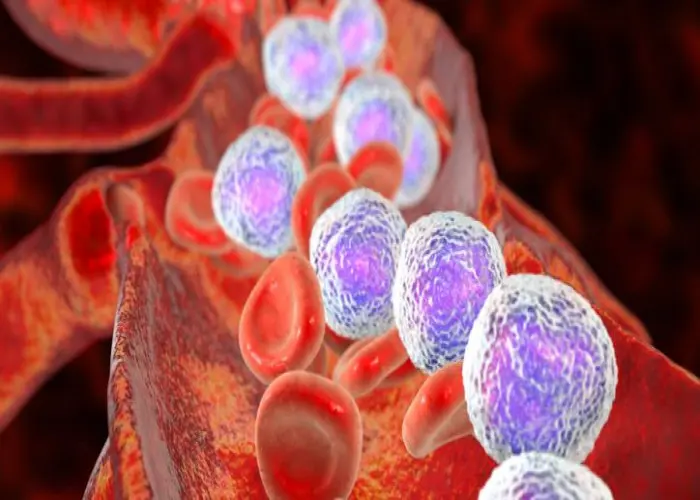
Acute lymphocytic leukemia
hyperthyroidism (overactive thyroid), হাইপারথাইরয়েডিজম (অতিমাত্রায় থাইরয়েড)
To be happy, beautiful, healthy, wealthy, hale and long-lived stay with DM3S.
